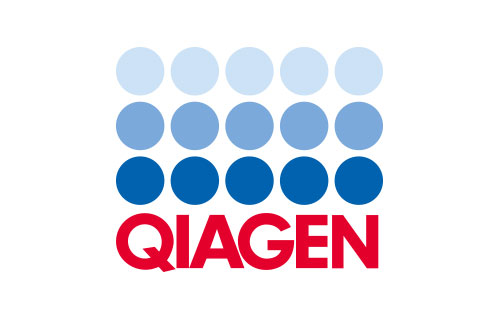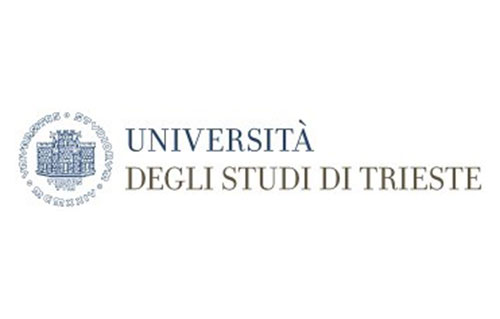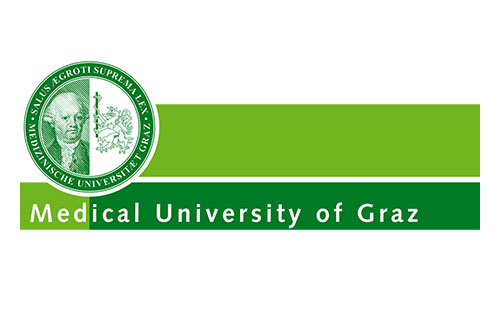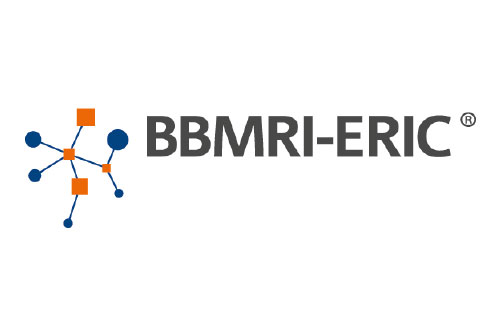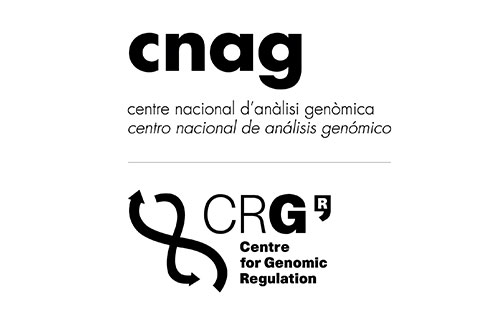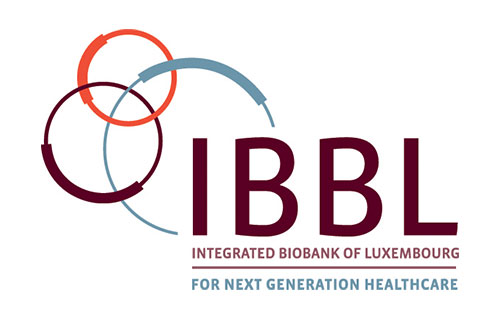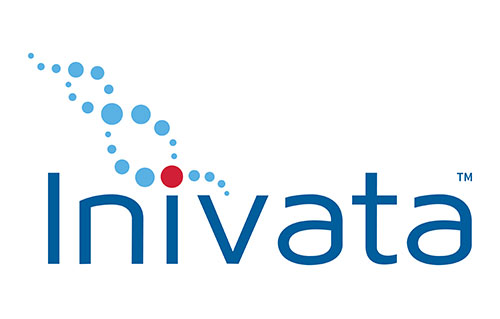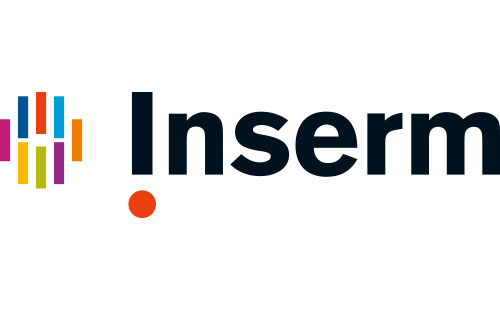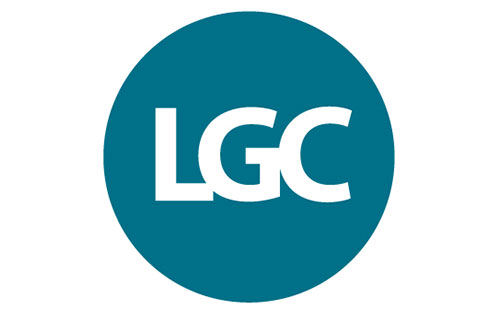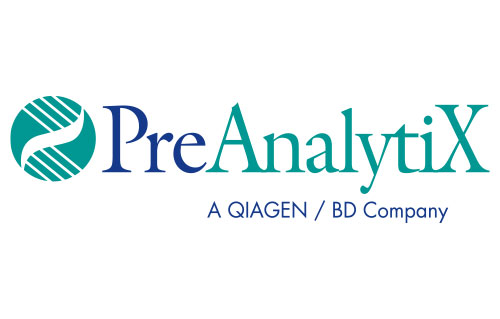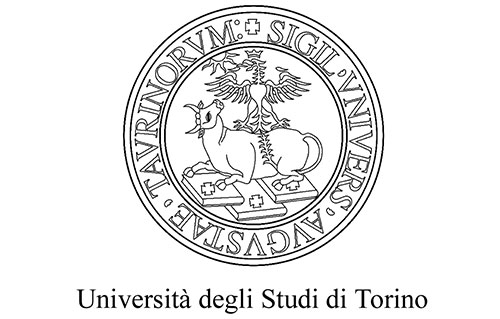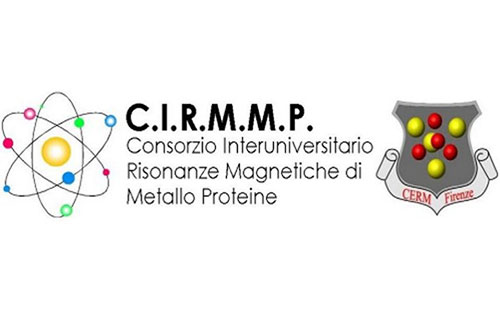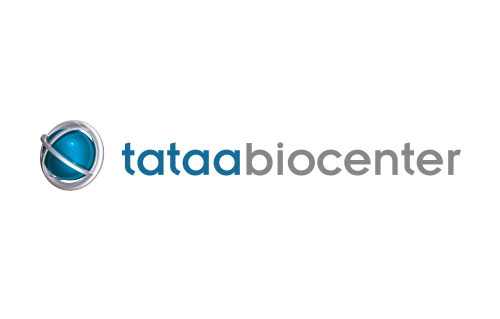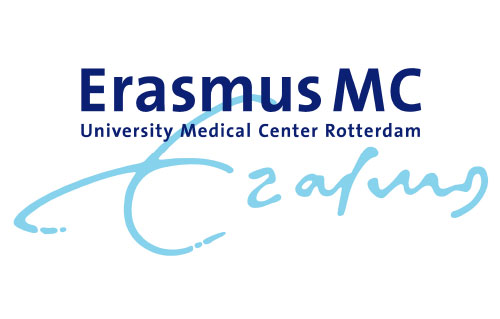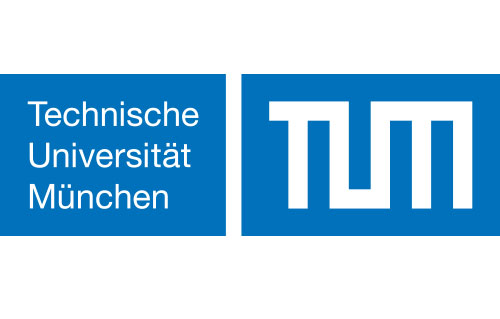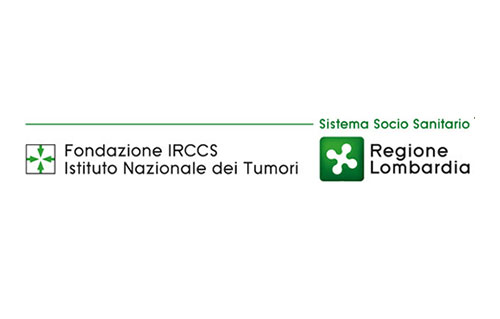OUR MISSION CONTINUES...
SPIDIA4P enables even better diagnosis and medical research for personalized medicine than we already know today
Sample quality is key - standards reduce variations in the samples by preventing divergent methods or circumstances affecting the final results.
This promises more reliable and reproducible results, enabling the even better and more efficient diagnosis and medical research for precision medicine than we already know today.
Publicly funded from 2017 to 2021, the EU Horizon 2020 project SPIDIA4P aimed to drive the standardisation of pre-analytical workflows applied to personalised medicine by developing and implementing a portfolio of 22 pan-European CEN and international ISO standard documents, as well as external quality assessment schemes (EQAs), ultimately improving worldwide healthcare.
The standards also support the implementation of the new EU In vitro Diagnostic Regulation (IVDR).
Despite its EU funding end, SPIDIA4P’s journey is continuing – not only via other ongoing EU grant projects working on diagnostic workflow standardization, but also by transitioning initial pre-analytical CEN/TS documents to international ISO standards via the ISO/Technical Committee 212 for “Clinical laboratory testing and in vitro diagnostic test systems”.
Go to our Co-Working site to find out, in which consortia and cooperations SPIDIA4P project members are driving the standardisation:
CO-WORKING









